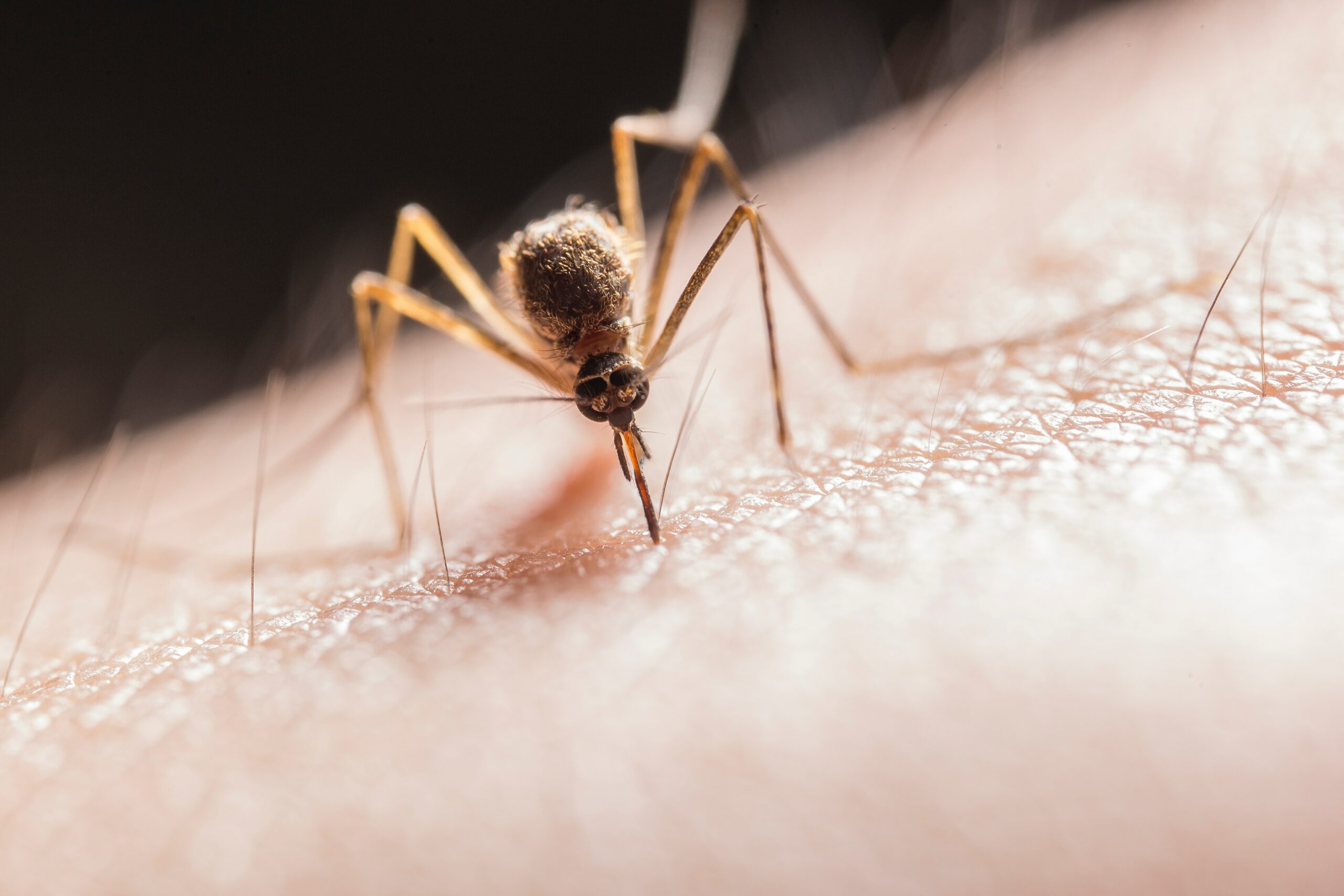Mosquitoes can take bite out of outdoor fun; here is what you can do to avoid them

BLUE SPRINGS, Mo. — April showers bring May flowers and mosquitoes. With mosquitoes come not just itchy bites but the risk of diseases such as West Nile virus, St. Louis encephalitis, malaria, Zika virus and yellow fever, among others, says University of Missouri Extension horticulturist and entomologist Tamra Reall.
Prevention
The best way to avoid getting mosquito bites around your home and yard is to empty any standing water, especially after it rains or the sprinklers run, says Reall.
These puddles, even those as small as a tablespoon, are where mosquitoes lay their eggs and the larvae grow. Water collects in flowerpots, tire swings, toys, trash, gutters, poorly drained soil and holes in trees. Empty these containers and fix drainage problems. Chlorinated and filtered swimming pools are not mosquito havens, but untreated pools are.
Wear long-sleeved shirts and long pants when working in the yard. Wear a repellant, preferably one containing DEET. Adult mosquitoes like to rest on vegetation, so keep grass mowed to eliminate potential hiding places. Make sure door and window screens are in good condition. Use a fan to create a breeze. Mosquitoes are not strong flyers, so a light breeze can keep them away.
Avoid spraying lawns and using foggers. Mosquitoes can develop resistance to sprays and quickly infest the area again. Foggers may be effective for only a few hours and contain pesticides that kill helpful insects, including pollinators and mosquito predators.
Field tests show that bug zappers and ultrasonic pest eliminators are not effective ways to attract and kill mosquitoes.
The Missouri Department of Conservation recommends using nontoxic mosquito dunks and pellets for areas with stagnant water. These are safe for animals, beneficial insects and the environment.
Treatment
If you get a mosquito bite, wash the affected area with soap and water. To reduce swelling and itching, apply an ice pack for 10 minutes; reapply as needed.
The U.S. Centers for Disease Control and Prevention recommends this at-home treatment:
- Mix 1 tablespoon baking soda with just enough water to create a paste. Apply the paste then wash it off after 10 minutes.
- Use an over-the-counter antihistamine or anti-itch cream.
- Consult a health care provider if you develop a fever or pain.
The MU Extension guide “Mosquitoes” is available for free download at extension.missouri.edu/g7400.
Miss Clipping Out Stories to Save for Later?
Click the Purchase Story button below to order a print of this story. We will print it for you on matte photo paper to keep forever.
